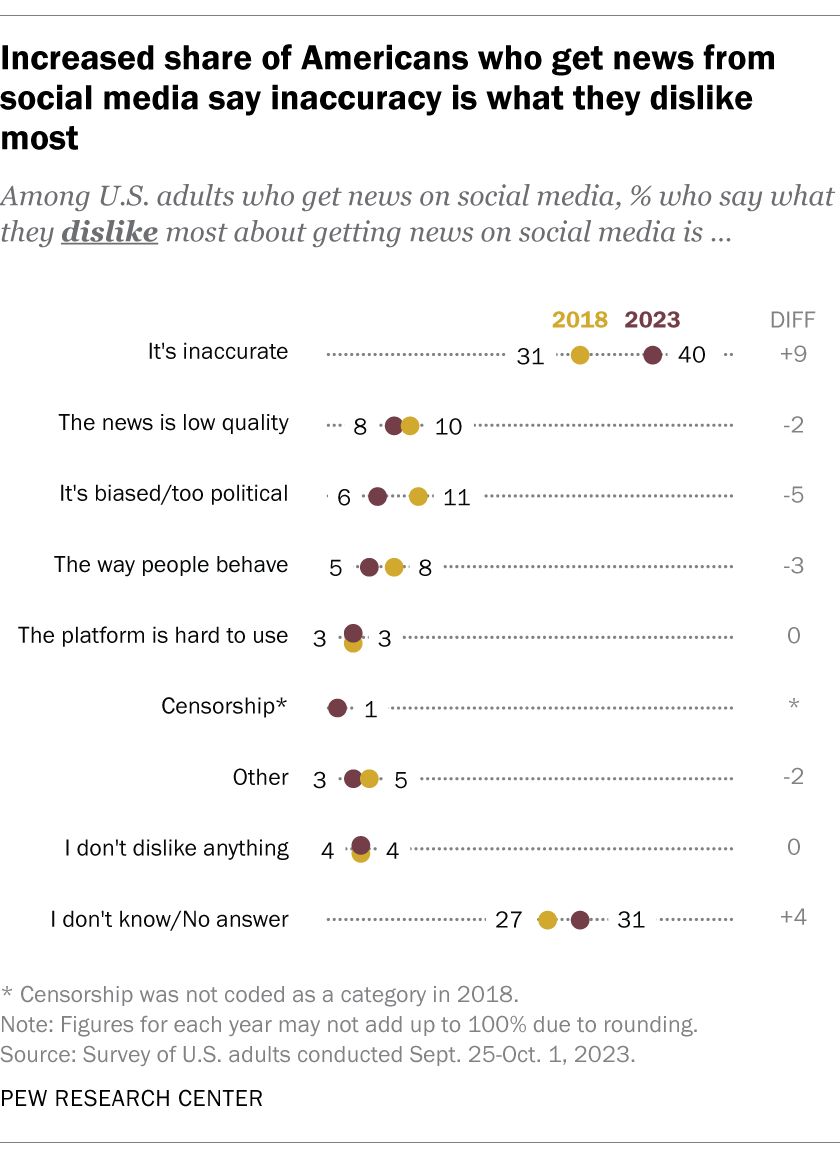Why should you care about whether or not your news is real or fake?
- You deserve the truth. You are smart enough to make up your own mind - as long as you have the real facts in front of you. You have every right to be insulted when you read fake news, because your intelligence is being undermined.
- Fake news destroys your credibility. If your arguments are built on bad information, it will be much more difficult for people to believe you in the future.
- Fake news can hurt you, and a lot of other people. Purveyors of fake and misleading medical advice like Mercola.com and NaturalNews.com help perpetuate myths like the Covid-19 vaccine causing increased death rates. These sites are heavily visited and their lies are dangerous.
- Fake news is expensive. Every year, Americans lose $39 billion in investment funds as a result of fake news, according to University of Baltimore professor Roberto Cavazos.**
Beyond these main concerns, interaction with "fake news" can have significant effects on people's ability to accept real, factual news. A recent study has suggested "fake news seems to be poisoning the information well. It has become a weaponized term used to discredit journalists, but it is also a type of disinformation that is slowly eroding public trust in legitimate information institutions" (Tandoc, et al.).
"Fake News" is not only filling our society with false information, it is making it increasingly difficult for us to trust the facts when we see them.
**Above content adapted from a guide by Indiana University East Campus Library.


 What is Open Access?
What is Open Access?